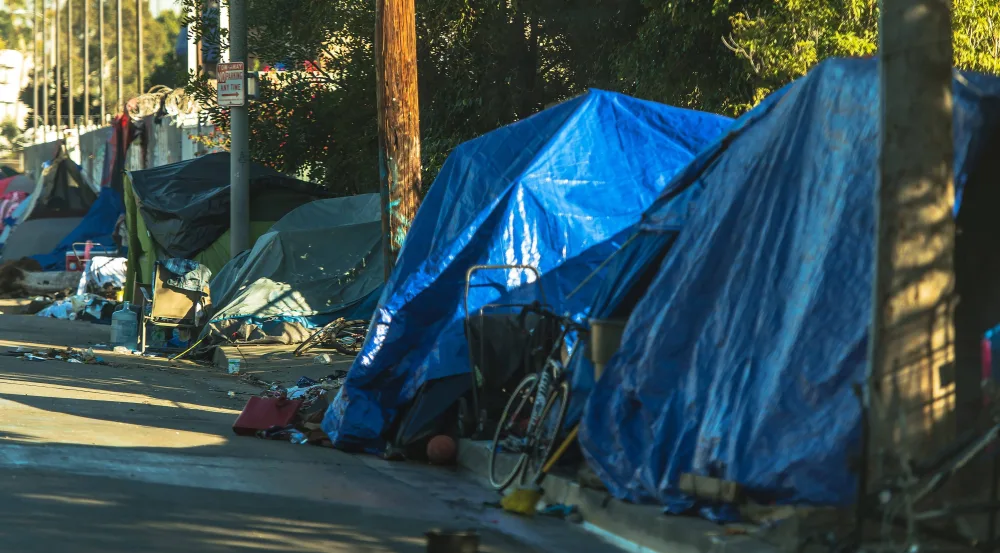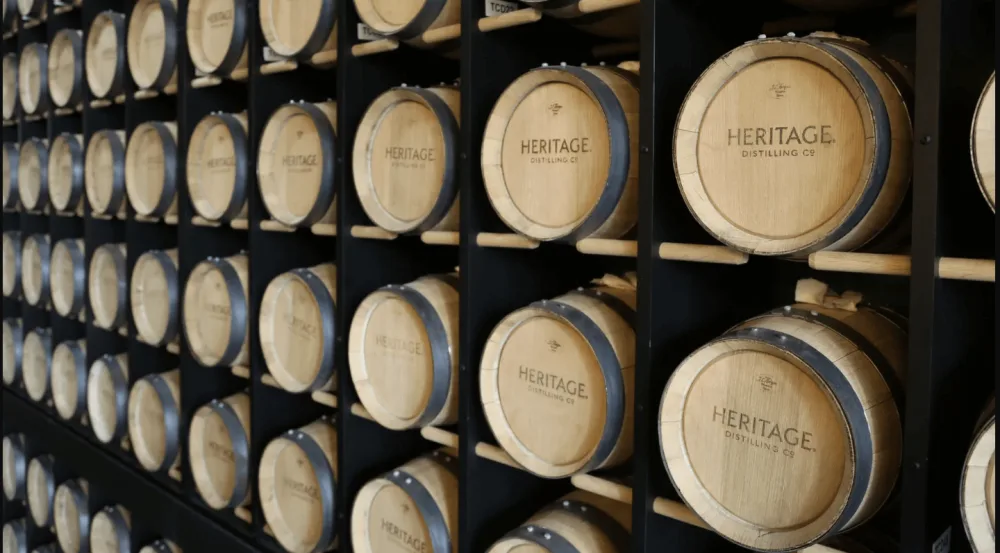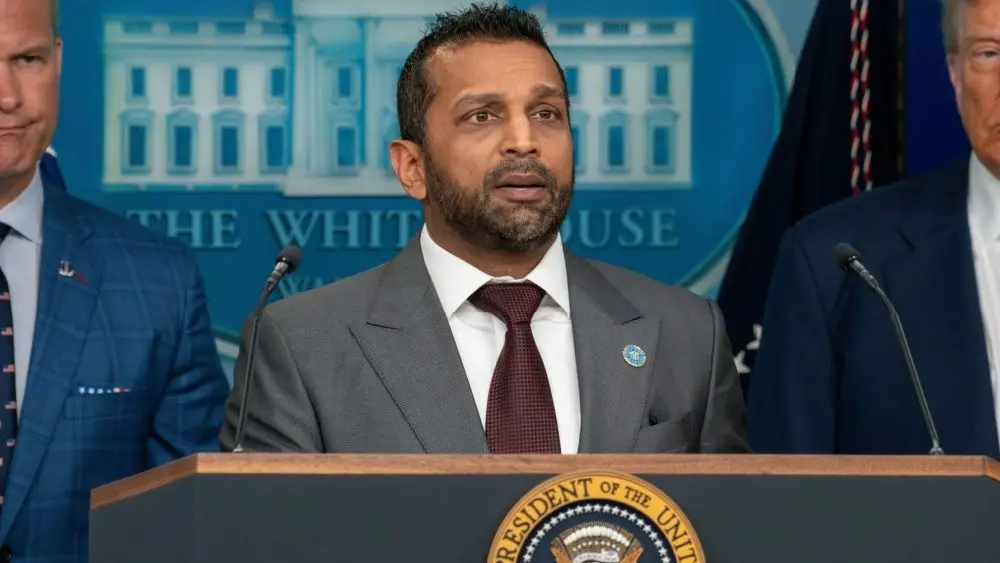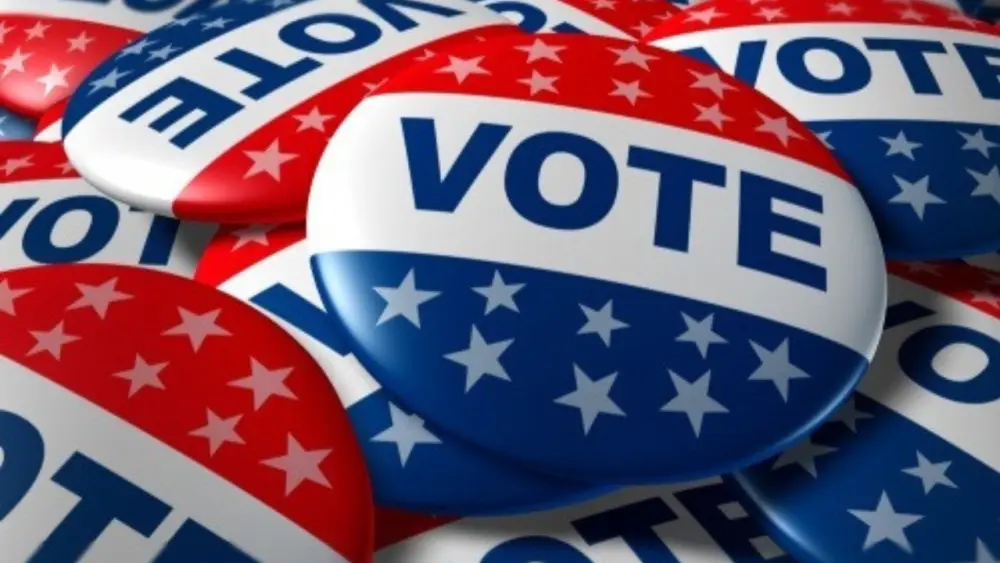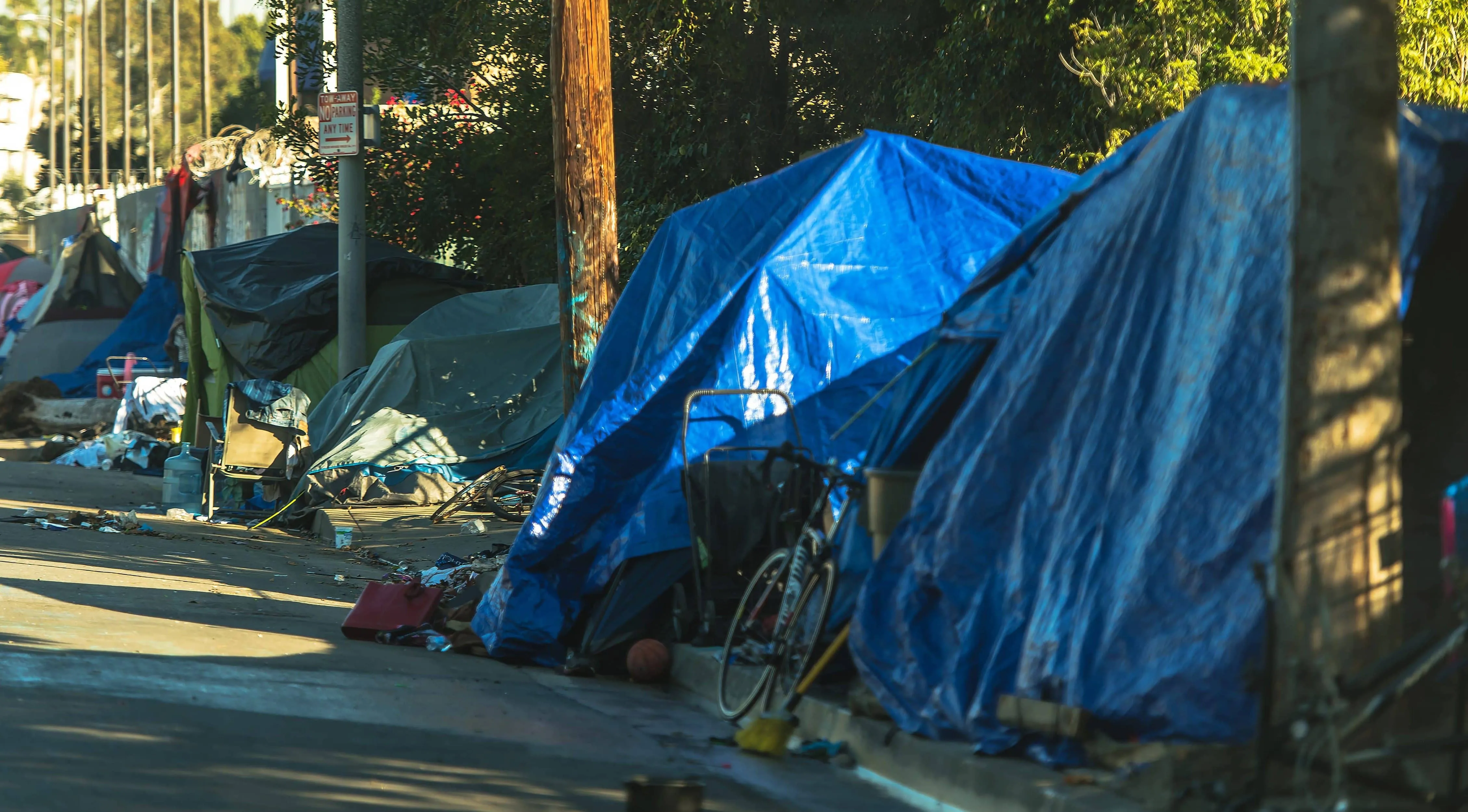
In a push to address King County’s worsening homelessness and addiction crisis, the Quality of Life Coalition, a new bipartisan citizens’ campaign, has officially filed the Compassionate Public Safety Act, a proposed ordinance that would ban unauthorized public camping and mandate direction to available shelter for unhoused individuals.
The initiative, filed just before the July 4th holiday, is modeled after similar efforts in cities like Burien and San Diego and seeks to enforce what the group calls “triage over tents.” Its goal is simple: restore safety and livability to the region’s public spaces while ensuring that people on the streets are given clear pathways into shelter and treatment.
“This is about triage, not tents. We have to direct people to shelter & to do that, we need a public camping ban.”
In a push to solve King County’s homelessness & addiction crisis, a bipartisan citizens’ initiative has been filed to ban public camping & mandate shelter. pic.twitter.com/qIVvOSm7oZ
— Ari Hoffman 🎗 (@thehoffather) July 8, 2025
Joining Ari Hoffman on Talk Radio 570 KVI, Quality of Life Coalition founder Saul Spady said the ordinance is about forcing elected officials—regardless of party—to do the job they’ve been neglecting.
“At a certain point, you just have to step up, write something, and file it,” said Spady. “This is about triage, not tents. We have to direct people to shelter, and to do that, we need a public camping ban.”
A Familiar Blueprint
Spady, a well-known figure in Seattle politics who helped lead the charge against the city’s controversial 2018 head tax, sees this campaign as a continuation of grassroots efforts to hold government accountable. He believes that political leaders are out of step with the will of the people, and polling appears to back him up.
According to internal coalition data, 77% of King County voters support a public camping ban tied to shelter access, a number that crosses partisan lines.
“Whether I talk to Republicans or Democrats, no one is really dealing with this crisis,” Spady said. “We’ve seen this before. When politicians realize how out of touch they are with voters, they scramble. That’s what happened with the head tax—and it’s going to happen again.”
Spady added that “Originally, we believed we needed 50,000 signatures to force a countywide vote. But after legal review, it turns out we only need about 7,000 signatures — because this ordinance only applies to unincorporated King County, which has a population of 250,000+.”
He noted that if unincorporated King County were a city, it would be the second largest in the county after Seattle. Bigger than Bellevue, Kent, or Renton.
From Spokane to Seattle: A Movement Gaining Momentum
Spady cited Spokane’s public camping ban as a case study in public will overpowering political resistance. Despite opposition from that city’s council, voters passed a ban with 75% support. Although it was later challenged in court, Spady pointed out that the Washington Supreme Court didn’t overturn the substance of the ordinance, just the way it was implemented. That nuance, he says, is key.
“Spokane’s city council is now looking to pass the ban themselves. That’s called political backlash,” he said. “We’re going to see the same thing in King County.”
Beyond King County: Building for Statewide Reform
The Coalition isn’t stopping with just a local ordinance. Spady revealed plans for a statewide initiative in 2026, dubbed “Three Strikes = Six Months Mandatory Rehab”. The measure would require individuals who overdose or refuse shelter three times to undergo six months of involuntary drug treatment.
“We’re creating a system where refusal to accept help has consequences,” said Spady. “If you OD three times, if you reject shelter three times, it’s time for treatment. That’s not punishment—that’s compassion backed by accountability.”
A Bipartisan Call to Action
Spady emphasized that this is not a partisan effort but a unifying one. The Coalition includes community leaders, artists, former officials, and everyday residents. Among its high-profile supporters is Nirvana bassist Krist Novoselic, who framed the campaign as essential to preserving Seattle’s cultural and civic legacy.
“As an independent and music fan, I know the world is coming to Seattle for the World Cup in 2026,” Novoselic said. “What they’re finding now is graffiti, addiction, and inaction. I support this effort because it’s time to make our city livable again.”
A Challenge to Local Leaders
Spady’s message to local politicians—especially those on the King County Council—is clear: Do your job or be held accountable by the people.
“We’ve already spoken to many of them privately,” Spady said. “They agree with us, but they say they don’t think they have the will of the people. Well, we’ve got polling. We’ve got signatures. We have the will of the people—they’re just too afraid of their consultants to act on it.”
He believes the ordinance may not even need to go to a public vote. Once enough signatures are gathered, he says, public pressure will likely force councilmembers to pass it outright.
What Comes Next?
The Coalition is now in the signature-gathering phase and is calling on volunteers to help bring the initiative to the ballot—or ideally, to the council chambers.
“We need people to gather signatures, show up, and send a message,” Spady urged. “This is our moment. Don’t let cynicism win.”
With the 2026 FIFA World Cup on the horizon, organizers say King County has 12 months to make real changes, not just stage photo ops.
“This ordinance isn’t just about cleaning up streets,” Spady concluded. “It’s about saving lives, restoring dignity, and making our region safe and livable again—for everyone.”
To learn more or get involved, visit KingCountyQL.org or follow the @QLCoalition on social media.
Listen to The Ari Hoffman Show 3-6 PM Pacific on Talk Radio 570 KVI, KVI.com, the KVI app and your preferred podcast player.



